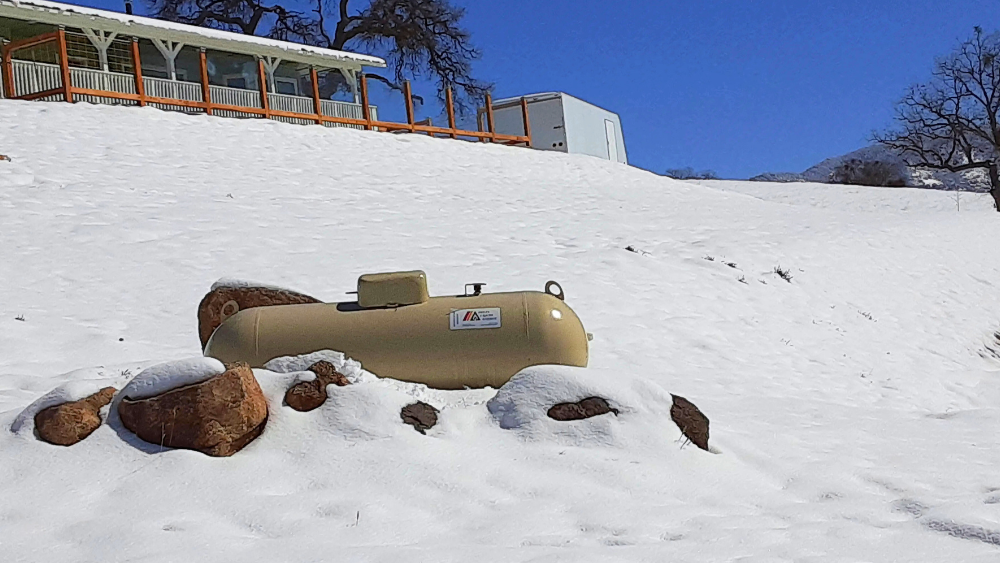Winter strategies to safeguard your home and propane system to stay cozy through the cold.
Before the chill of winter fully sets in, it’s essential to prepare your home, family, and propane system for the colder months ahead. Ensuring safety, warmth, and readiness can transform the season from a challenge to an enjoyable time. This guide offers practical steps to get your household winter-ready, from securing a reliable heat source to preparing for potential power outages. Whether you’re dealing with snowstorms or just the typical drop in temperature, these tips will help you stay cozy and safe throughout the season.
Create a Winter Emergency Kit
Assemble an emergency kit that includes essential items like bottled water, non-perishable food, flashlights with extra batteries, warm blankets, a first aid kit, and necessary medications. This kit will be invaluable during unexpected power outages or severe weather conditions.
Keep Your Propane Tank Ready
Verify that your propane tank is adequately filled to last through the winter. It’s wise to schedule a delivery before the weather turns, as road conditions can delay fuel deliveries during severe storms.
Regular Inspections and Maintenance
Schedule a professional inspection before winter starts. A qualified technician will check for issues like leaks, rust, or structural problems. Addressing these early helps avoid bigger problems during high usage periods.
Keep Tanks at Optimal Levels
Keep your propane tank filled above 30% capacity to help avoid running out of propane. Low levels can lead to problems like freezing in very low temperatures. Automatic refill programs are available to help manage this.
Clear Snow and Ice
Clear snow and ice from your propane tank, including valves and regulators, after a snowfall. Use a broom to avoid damaging components. Keeping the tank clear ensures efficient and safe operation.
Check for Accessibility
Maintain a clear path to your propane tank for easy inspections, maintenance, and deliveries. This helps in emergencies when quick access is needed.
Monitor for Leaks
Pressure changes during winter increase the risk of leaks. Recognize the smell of propane (similar to rotten eggs) and install carbon monoxide detectors. If you suspect a leak, turn off the main supply and contact your propane provider immediately.
Learn more about the logistics of deliveries and how winter weather can impact the propane supply chain.
Prepare for Power Outages
Equip your home with a reliable propane generator to ensure continuous power during outages. Always follow safety guidelines for placement and operation to prevent carbon monoxide poisoning. Additionally, keep extra batteries and portable chargers handy for your mobile devices.
Insulate and Weatherproof Your Home
Proper insulation is key to maintaining heat efficiency. Check and seal windows and doors with weather stripping or caulking to prevent drafts. Insulating water pipes will also prevent them from freezing and potentially bursting.
Keep Snow and Ice Clear
After heavy snowfall, clear snow and ice from your propane tank and surrounding equipment using a broom (rather than a shovel) to avoid damaging components. Ensure paths to the tank are accessible for deliveries or emergencies.
Stock Up Your Pantry
Keep a well-stocked pantry with foods that require minimal preparation and no refrigeration, ensuring you have enough supplies if you’re unable to leave home due to bad weather.
Vehicle Preparedness
Make sure to check that all your lights are functional for better visibility on the road. Additionally, it’s crucial to have effective windshield wipers to maintain clear vision during heavy rain. If you get snow, ensure your vehicle is equipped with winter tires, sand or cat litter for traction, a snow shovel, and an ice scraper. It’s important to keep emergency car kit and jumper cables as well.
Pet Care
Ensure you have adequate pet supplies, including food, bedding, and any necessary medications. Pets are also sensitive to cold weather; make plans to keep them warm and safe inside.
Educate Your Family and Have a Communication Plan
Ensure all household members know what to do during winter emergencies. Teach them how to shut off the propane supply and establish a communication plan in case you get separated during a storm or have to evacuate.
By taking these proactive steps for your home winter propane usage, you can confidently face winter’s challenges, knowing that your home and propane system are ready to keep you safe and warm throughout the season.
